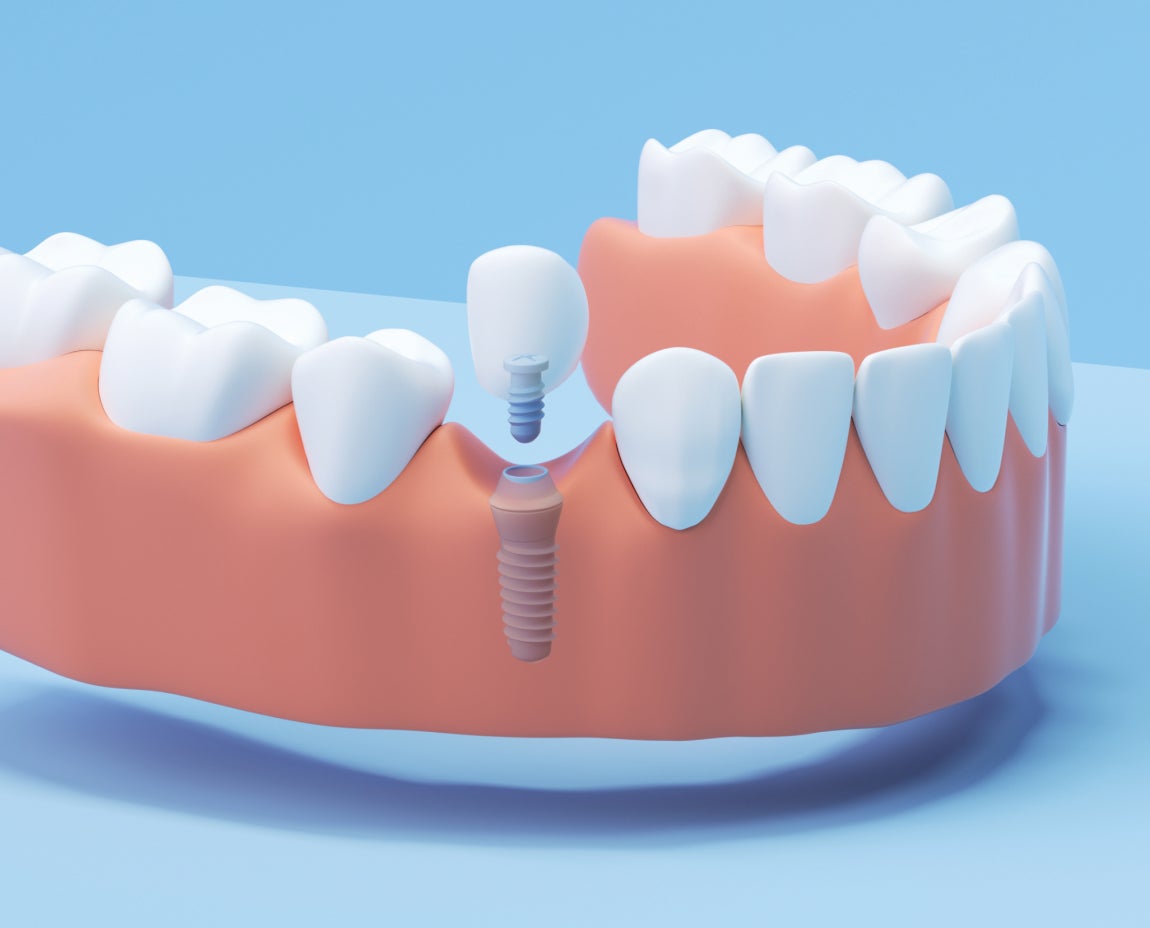Do Dental Implants Hurt? Here’s What Expert Dentists Have to Say

Dental implants have revolutionised modern dentistry, offering a long-term solution for missing teeth that closely mimics natural teeth in function and appearance. However, one of the most common concerns people have is: Do dental implants hurt? The short answer is that while discomfort is expected, the procedure itself is typically not painful due to anaesthesia and modern dental techniques. Let’s explore what expert dentists say about the pain factor, the anaesthesia used, and the recovery experience.
Understanding the Dental Implant Procedure
Before diving into pain management, it’s essential to understand what the procedure involves. Dental implants involve surgically placing a titanium post into the jawbone, which acts as a replacement root for a missing tooth. Over time, the implant fuses with the bone through a process called osseointegration, creating a stable foundation for a dental crown.
The process generally includes:
- Initial Consultation: Assessment of oral health and jawbone density.
- Surgical Placement of the Implant: A small incision is made in the gum, and the implant is inserted into the jawbone.
- Healing Period: The bone fuses with the implant, which takes several months.
- Abutment and Crown Placement: A connector (abutment) and the final prosthetic tooth (crown) are attached.
Does the Procedure Hurt?
According to expert dentists, the surgical placement of dental implants in Melbourne is performed under anaesthesia, ensuring that patients feel minimal to no pain during the procedure. Most patients report only mild sensations, such as vibrations or pressure, but not actual pain.
There are several types of anaesthesia options used:
- Local Anaesthesia: The most common choice, numbing the implant site completely so that patients feel pressure but no pain.
- Sedation Dentistry: Options like IV sedation or oral sedatives help reduce anxiety and discomfort.
- General Anaesthesia: Used in complex cases, typically when multiple implants are being placed at once.
What About the Recovery Period?
While the procedure itself is pain-free due to anaesthesia, some discomfort is expected during the healing phase. This is similar to other dental surgeries, such as tooth extractions. Common post-operative symptoms include:
- Mild swelling around the implant site
- Bruising of the gums and sometimes the face
- Minor bleeding
- Mild to moderate discomfort
These symptoms typically peak within 48 hours and subside within a week. Most patients compare the discomfort to that of a simple tooth extraction, manageable with over-the-counter pain relievers like ibuprofen or acetaminophen.
Managing Pain and Recovery Comfortably
To ensure a smooth and pain-free recovery, dentists recommend the following:
- Medications: Prescription pain relievers or over-the-counter analgesics help control discomfort.
- Cold Compresses: Applying ice packs to the cheek area reduces swelling.
- Soft Foods Diet: Eating soft foods like yogurt, mashed potatoes, and soups prevents unnecessary pressure on the implant.
- Oral Hygiene: Keeping the mouth clean using gentle rinses like warm saltwater helps prevent infection.
For those worried about the financial aspect, there are affordable tooth implants in Melbourne available, making this life-changing procedure accessible without breaking the bank.
Comparing Pain Levels: Dental Implants vs. Other Procedures
Many patients who have undergone both tooth extractions and dental implant procedures report that the latter is less painful. This is because tooth extractions often involve removing an inflamed or infected tooth, whereas cheap dental implants in Melbourne are placed into a prepared and numbed site.
How Long Does Discomfort Last?
Most post-surgical discomfort diminishes within a few days. The healing process continues over several months, but pain is usually not a concern after the initial recovery period. Some minor soreness may occur when the abutment and crown are placed, but this is minimal compared to the surgical phase.
The Cost Factor: What Should You Expect?
If you’re searching dental implants near me online, you may also wonder about pricing. Tooth implants vary in cost based on factors like the dentist’s expertise, the type of implant used, and whether additional procedures like bone grafting are needed.
- Dental implants cost in Melbourne typically ranges between $1500 and $2850 at No Gap Dentists in Australia.
- Cheap dental implants are available through certain clinics offering payment plans or discounts.
- Tooth implants cost Melbourne can also vary depending on insurance coverage and clinic policies.
Wrapping Up:
The fear of pain should not deter you from getting dental implants. Thanks to modern anaesthesia and pain management techniques, the procedure is far less painful than most people anticipate. Recovery is manageable, and the benefits of having a permanent, natural-looking tooth replacement far outweigh the temporary discomfort.
If you’re looking for affordable dental implants in Melbourne, consult with an experienced dentist who can provide a detailed treatment plan tailored to your needs. Investing in dental implants is a step towards restoring your smile, confidence, and overall oral health.
